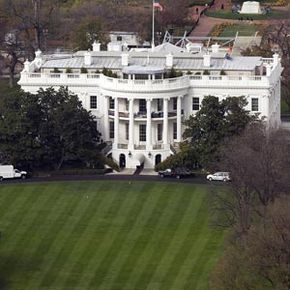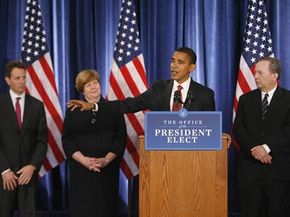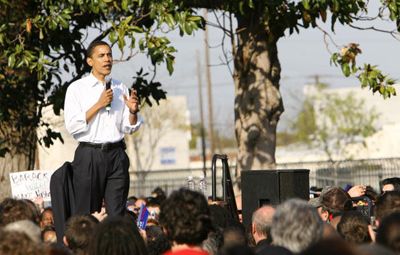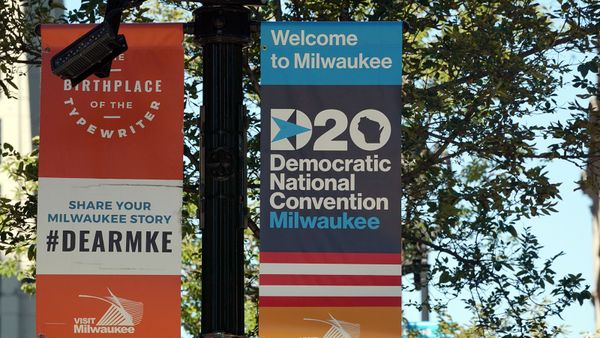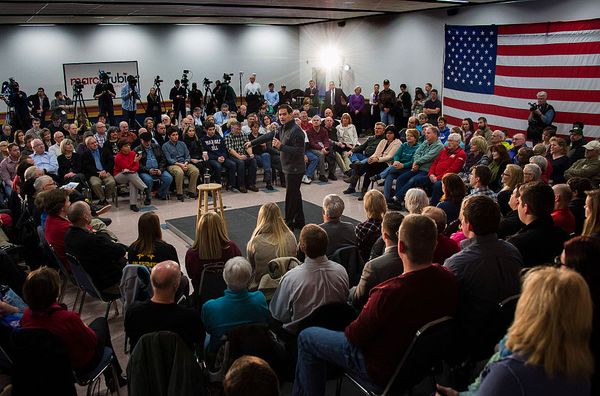Americans have the chance to affect the course of the United States by voting in elections, but what if you want a more hands-on opportunity? How can you convince the government that you've got the skills, knowledge and drive to join the team in the White House?
That depends upon what you bring to the table, including your ambitions. There are three different kinds of job opportunities you can pursue at the White House: non-career positions, internships and career positions. Non-career positions are temporary. Once a new administration enters the White House, your term in that position will end. It's possible that the new president will keep you on staff, but you shouldn't count on it. An internship is an unpaid position. Instead of getting paid, an intern's compensation includes on-the-job experience and networking opportunities. Career positions are competitive, non-political jobs. They're similar to jobs in other industries.
Advertisement
As of November 2008, the first step to landing a non-career position at the White House is to visit Barack Obama's change.gov Web site. When Obama became President-elect of the United States, his team of advisors launched the Web site to begin the process of choosing federal government appointees.
Assuming you want one of these non-career positions, you'll need to submit an expression of interest. The change.gov Web site has a simple online form you can fill out. The required information includes your name, address, phone number, citizenship status and your most recent employer (or school, if you're a student). After submitting your information, it's time to wait. The Obama-Biden Transition Project, which oversees the applications, will contact you within a few days with further instructions.
When you receive the e-mail, you'll find a link to another Web site. This is where you'll get your first indication of what's in store for you. You'll have to fill out an online application that spans several online pages and asks for a lot of information. If you get through that phase, you'll have even more questions to answer -- some of these questions are of a very personal nature. In fact, some people consider the application process controversial and troublesome.
Let's take a closer look at non-career positions and what the Obama administration wants to know about you before bringing you into the fold.
Advertisement
